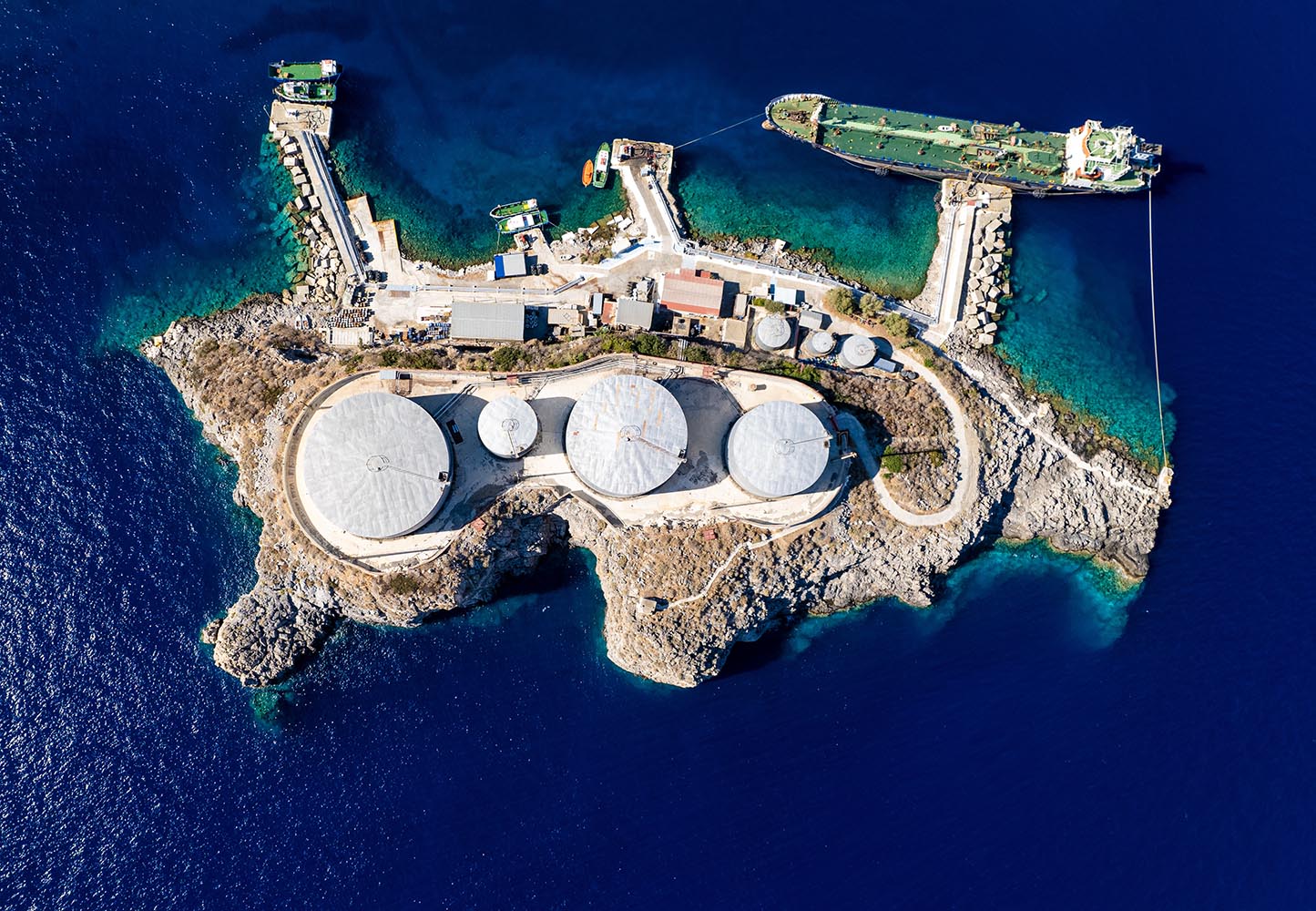
South Korea to establish SAF and bio-bunker standards in 2024
The South Korean government is set to establish quality standards for sustainable aviation fuel (SAF) and renewable marine fuel by 2024, ahead of the planned implementation of blend mandates in 2025 and 2026.
This announcement was made by the country’s Ministry of Trade, Industry, and Energy (Motie) during the fourth general meeting of the eco-friendly biofuel revitalization alliance.
The new biofuel quality standards for SAF and marine biofuel will be based on empirical results from the aviation and shipping industries. These standards will be derived from land and sea demonstrations for biofuel blending with bunkers, scheduled to be conducted in 2024.South Korea has committed to expanding the use of domestic biofuels by adopting marine biofuel by 2025 and SAF by 2026. Additionally, the country aims to increase its 2030 biofuels blending mandate in the diesel pool.
Motie also highlighted the completion of six demonstrations using SAF in cargo planes between Seoul’s Incheon airport and Los Angeles, California, U.S.A. In the shipping sector, two bio-bunkering trials were completed, mixing biodiesel with marine oil for offshore vessels.
Furthermore, a demonstration of marine oil mixed with bio heavy oil is planned for 2024.
Partnerships and initiatives
South Korean energy firm GS Caltex has agreed to supply Korean Air with SAF for selected international flights departing from Incheon airport. Korean Air, in partnership with LX Pantos, a global logistics company, is expanding the use of SAF on its cargo flights.
In September, Korean Air launched a cargo SAF program for air cargo customers and forwarders to reduce their carbon footprint.GS Caltex also supplied bio-marine fuel to vessels owned by Hyundai Merchant Marine and Hyundai Glovis.
Additionally, the firm supplied high-sulfur fuel oil (HSFO) blended with 30% used cooking oil methyl ester to Wallenius, marking South Korea’s maiden HSFO vessel biofuel marine trial.












